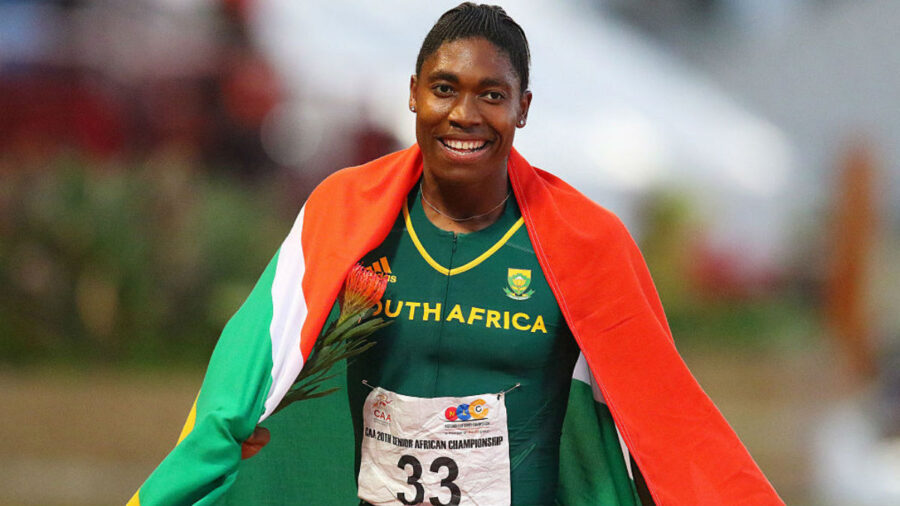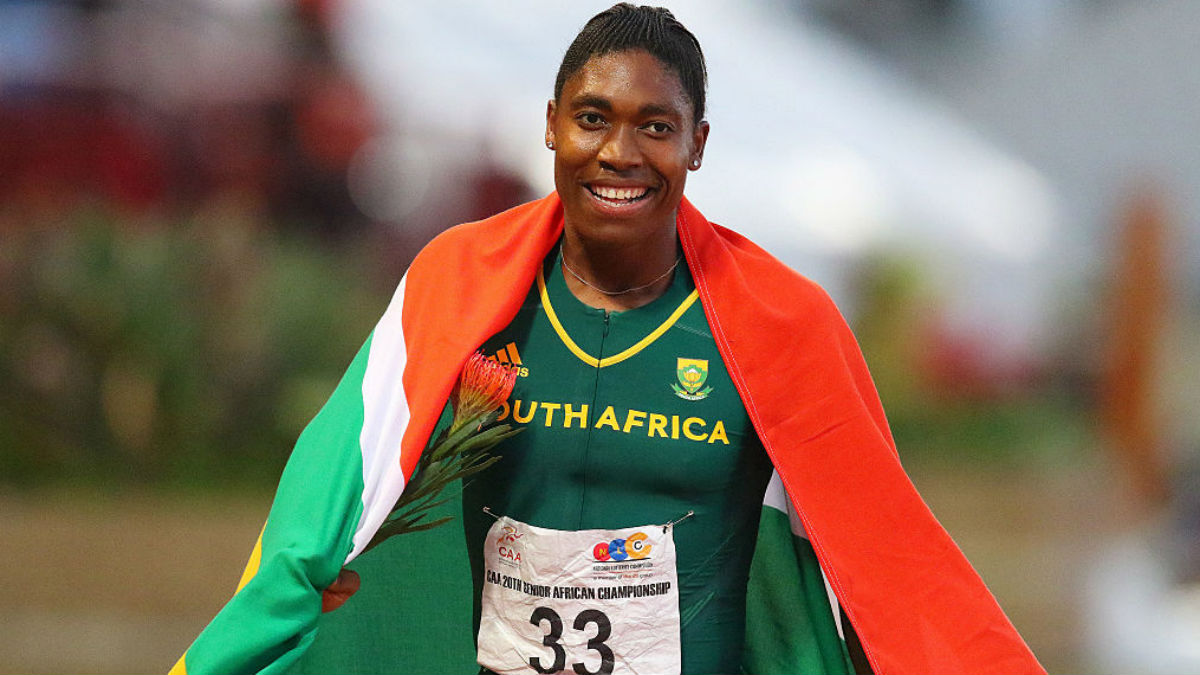
World Athletics announces new DSD rules that affect Caster Semenya
World Athletics announced new DSD (differences in sex development) – or intersex – rules today that will affect South African athlete Caster Semenya. The sports body said it is also banning transgender women from competing in the female category at world ranking events, in order to “protect the female category”. From 31 March 2023, no […]

World Athletics announced new DSD (differences in sex development) – or intersex – rules today that will affect South African athlete Caster Semenya. The sports body said it is also banning transgender women from competing in the female category at world ranking events, in order to “protect the female category”.
From 31 March 2023, no transgender athlete who went through male puberty will be allowed to compete in international female world ranking competitions, World Athletics president Lord Coe said.
The World Athletics Council also voted to reduce the amount of blood testosterone permitted for DSD athletes. In a statement, World Athletics said:
“For DSD athletes, the new regulations will require any relevant athletes to reduce their testosterone levels below a limit of 2.5 nmol/L for a minimum of 24 months to compete internationally in the female category in any event, not just the events that were restricted (400m to one mile) under the previous regulations.”
World Athletics said interim provisions will be introduced for those already competing, to reduce their levels to 2.5nmol/L for six months before competing again.
The governing body said: “In terms of DSD regulations, World Athletics has more than ten years of research and evidence of the physical advantages that these athletes bring to the female category.”
Further research into transgender eligibility guidelines will be undertaken with a working group for 12 months, and “we’re not saying no forever”, Coe said. Currently there are no transgender athletes competing internationally.
Lord Coe said:
“Decisions are always difficult when they involve conflicting needs and rights between different groups, but we continue to take the view that we must maintain fairness for female athletes above all other considerations.
“We will be guided in this by the science around physical performance and male advantage which will inevitably develop over the coming years. As more evidence becomes available, we will review our position, but we believe the integrity of the female category in athletics is paramount.”
World Athletics said it conducted a consultation period with various stakeholders in the first two months of this year, including Member Federations, the Global Athletics Coaches Academy and Athletes’ Commission, the IOC as well as representative transgender and human rights groups.
The Council agreed to the reinstatement of the Russian Federation (RusAF) following seven years of suspension due to egregious institutional doping violations. However, athletes, officials and supporting personnel from Russia and Belarus are still excluded from competition for the foreseeable future due to Russia’s invasion of Ukraine, said the statement.
